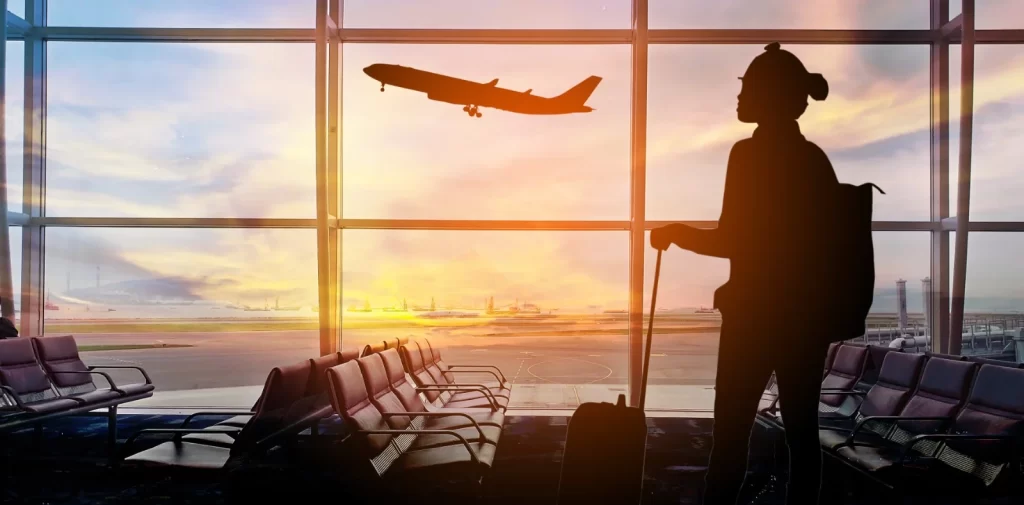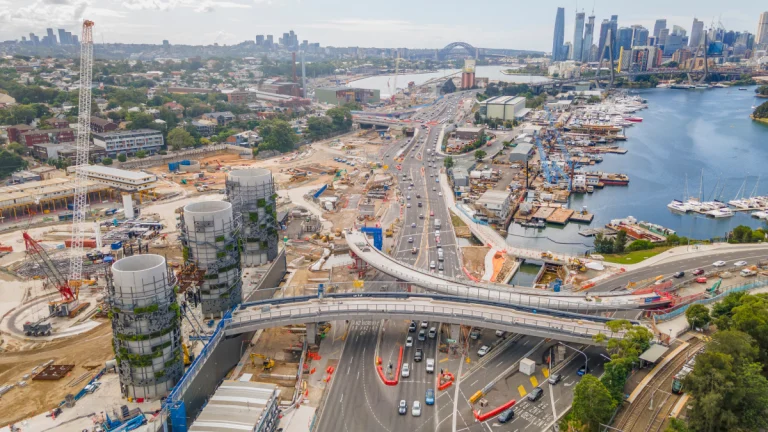The history of budget airlines in Australia has long been a tumultuous one, with many players struggling to gain a strong foothold.
One of the biggest losses in the industry recently is the call for voluntary administration by Bonza, Australia’s low-cost regional carrier. But what resulted in their downfall? Is there a lesson that businesses can take away?
This article explores what went wrong with Bonza Aviation and offers insights on how businesses can apply these lessons to their companies.
An industry not unfamiliar with voluntary administration
Bonza was the first company in 15 years that attempted to enter the budget airline market, with a mission to connect regional Australia in a cost-effective way. It was a promising idea for many regional travellers, whose locations were not connected by any other airlines.
However, the company unfortunately announced in mid-April that it had appointed a voluntary administrator after its planes had been repossessed. This was devastating news for passengers who arrived at the airport to find their flights cancelled. Bonza’s wind down involves the settlement of 60,000 creditors, $100 million unpaid debts, and 300 employee dismissals.
While the carrier’s future is yet to be certain, it joins a list of airlines that has attempted, and failed, to penetrate the Australian market.
In 2020, Tigerair Australia ended its 13-year operation due to unrepairable losses from the COVID pandemic and fierce competition from Qantas and Jetstar. We’ve also seen Air Australia being placed into voluntary administration in 2012, as the business failed to pay its creditor debts, estimated at $90 million.
So why do budget airlines in Australia struggle to maintain longevity in trading? We’ve identified 4 main causes.
Why do budget airline companies fail in Australia?
High barrier to entry
Australia’s airline industry operates in a heavily concentrated domestic air travel market. In fact, over 85% of routes are operated by three airline groups: Qantas Group (Qantas and Jetstar), Rex, and Virgin Australia. The strong competition meant that Bonza only managed to capture a 2% market share in the past year.
Additionally, Bonza failed to gain access to the lucrative Sydney airport, although it did grow its base to service routes in Melbourne’s Tullamarine and Gold Coast. Government-imposed regulations currently cap the flow of Sydney airport to just 80 take-offs and landings per hour, making the competition tight for which airline gets the slots.
Big airline companies have been accused of ‘slot hoarding,’ a scenario in which the airline schedules more flights than it intends to run and cancels them if the passenger capacity is not reached. This act effectively blocks the slot from smaller airlines and limits their access.
Risky private equity backing
Bonza relied on 777 Partners for funding, which proved to be a risky source that possibly led to its downfall.
777 Partners is a Miami-based private equity firm that originally owned all of Bonza’s aircraft feet. However, its group’s creditors have since created a new arm that would own the company’s 737 Max-8 aircraft (essentially used by Bonza). This caused Bonza to be hamstrung by severe fleet issues, as many of its planes have been redirected by 777 Partners to its other airlines owned.
According to Australian Aviation, 777 Partners was also responsible for sourcing and paying the leases for all of Bonza’s aircraft. However, they had failed to do so. Two weeks later, Bonza’s planes were seized to recoup money owed to investors.
High operating costs
Any form of travel, be it by car, bus, or train, is generally more expensive in Australia than other parts of the world. This is due to the country’s higher fuel, labour, and maintenance costs, which have seen a sharp and sizable increase.
Being a budget carrier, Bonza worked with relatively tight margins, banking instead on capturing market scale. To date, Jetstar is the only low-cost airline that has made headwinds in Australia, thanks to its backing from its parent airline, Qantas. Even then, budget airlines in the country must always battle the high costs of transporting expensive planes across big distances.
Geography and market scale
Rather than competing with the high-frequency routes of Qantas or Virgin, Bonza entered the market by servicing tourism destinations in regional Australia.
Unfortunately, the company simply couldn’t find the scale needed to break even its margins. Unlike in Europe and the US, where there’s a sizable population to meet that demand, regional Australia simply didn’t have the density needed. Smaller regional towns are often connected with local aircraft, and any larger planes that wish to service the town may find themselves operating with half-empty planes.
Geographically, most of the country’s major cities were concentrated on the east coast, without a central hub to connect these cities. This further added to the costs of operations which becomes unviable for a budget carrier.
Key takeaway: Our learnings
In a recent interview, Jetstar’s Chief Executive Stephanie Tully spoke about the cutthroat nature of the budget airline model in Australia.
“This is a tough industry. It’s not for the faint-hearted. You’ve got to constantly be reviewing what’s working and what’s not. Being agile and quick to change, and you’ve got to trial things but if they don’t work, you’ve got to change strategies and stay really strong,”
Although most businesses are not in the airline industry, Bonza’s voluntary administration has some applicable lessons across all industries. Market understanding, such as consumer demand and other macro forces is crucial in ensuring a successful venture.
Risk assessment must also be undertaken seriously, particularly in the case of initial capital funding. Companies must assess immediate and future risks and actively mitigate them to secure the longevity of their business.
Olvera Advisors helps businesses stay ahead in a dynamic environment with bespoke restructuring solutions. Explore our blog for more insights on navigating the financial complexities of your industry.
Reference
- Grounded: Bonza poised to join long list of failed Australian airlines
- What just happened to Bonza? Why new budget airlines always struggle in Australia
- Domestic airline competition in Australia – February 2024
- Bonza owes money to almost 60,000 customers, hundreds of staff, and 120 suppliers, court hears
- Bonza in crisis after planes repossessed
- Bonza enters voluntary administration after cancelling all flights until Friday
- Exclusive: 777 partners was responsible for paying Bonza’s leases
- The undoing of Bonza: Can Bazza, Sheila and Bruce be rescued?
- ‘Not for the faint-hearted’: Jetstar boss on the high-stakes battle for Australia’s skies
- Bonza’s failure is a warning for corporate Australia





